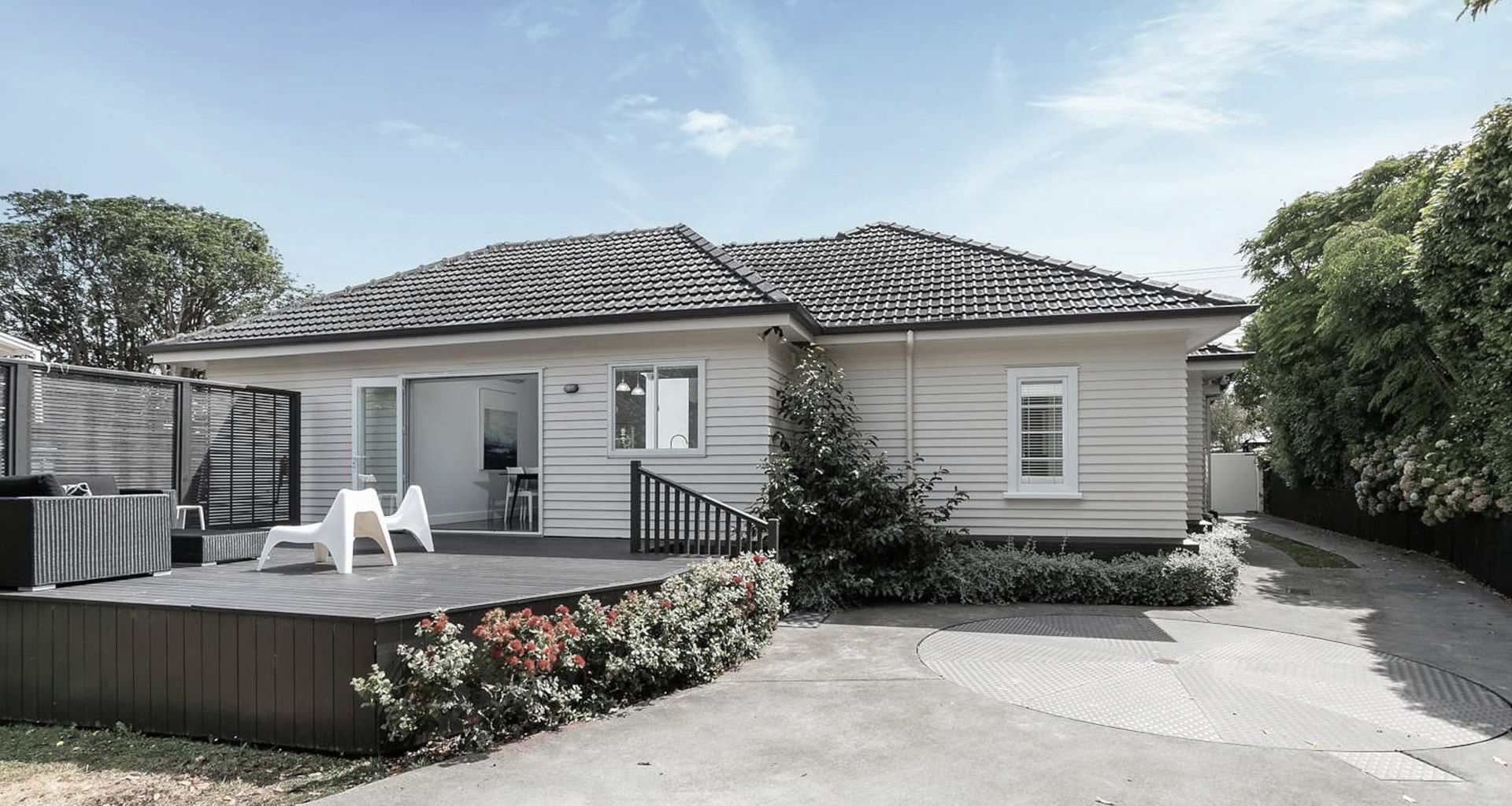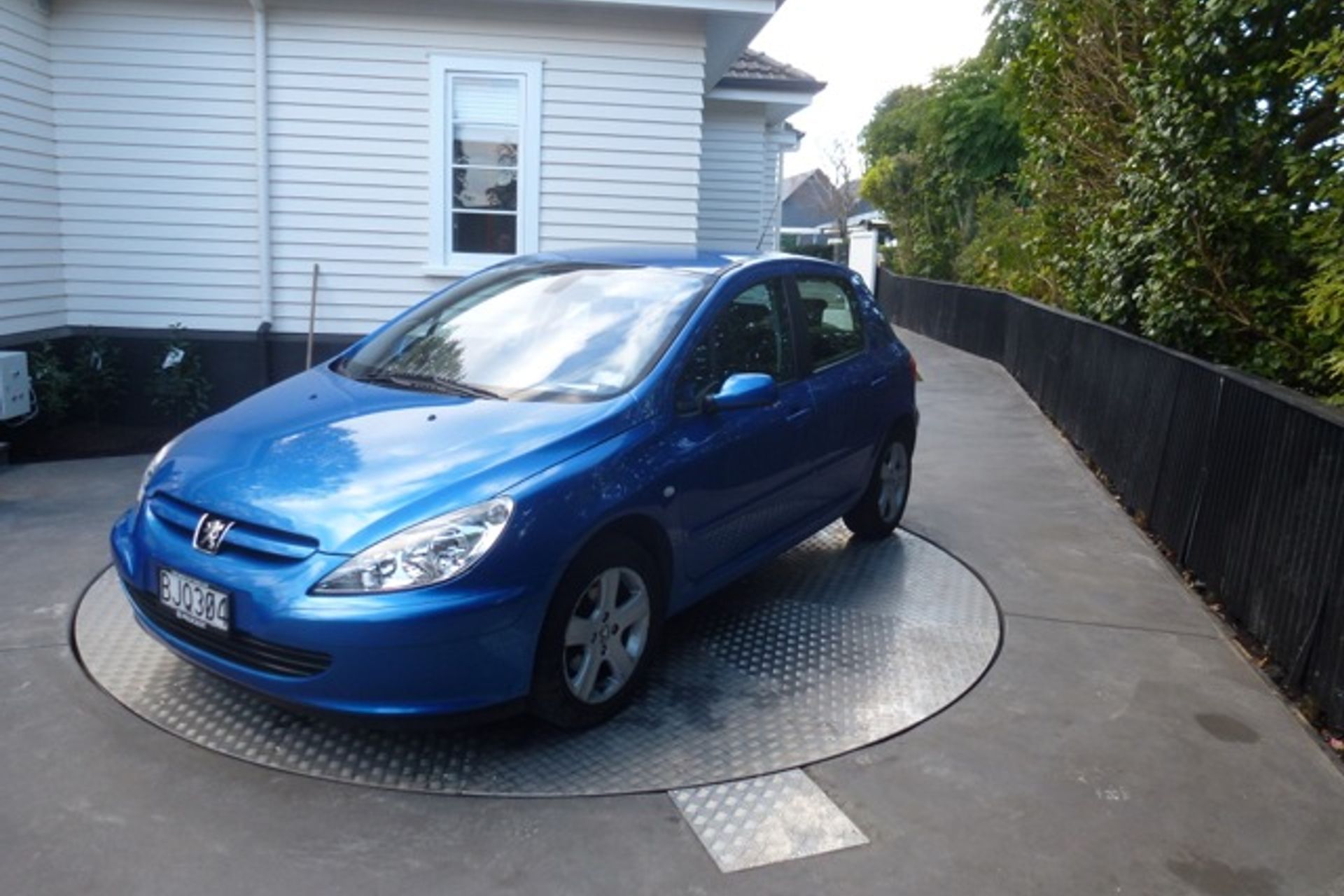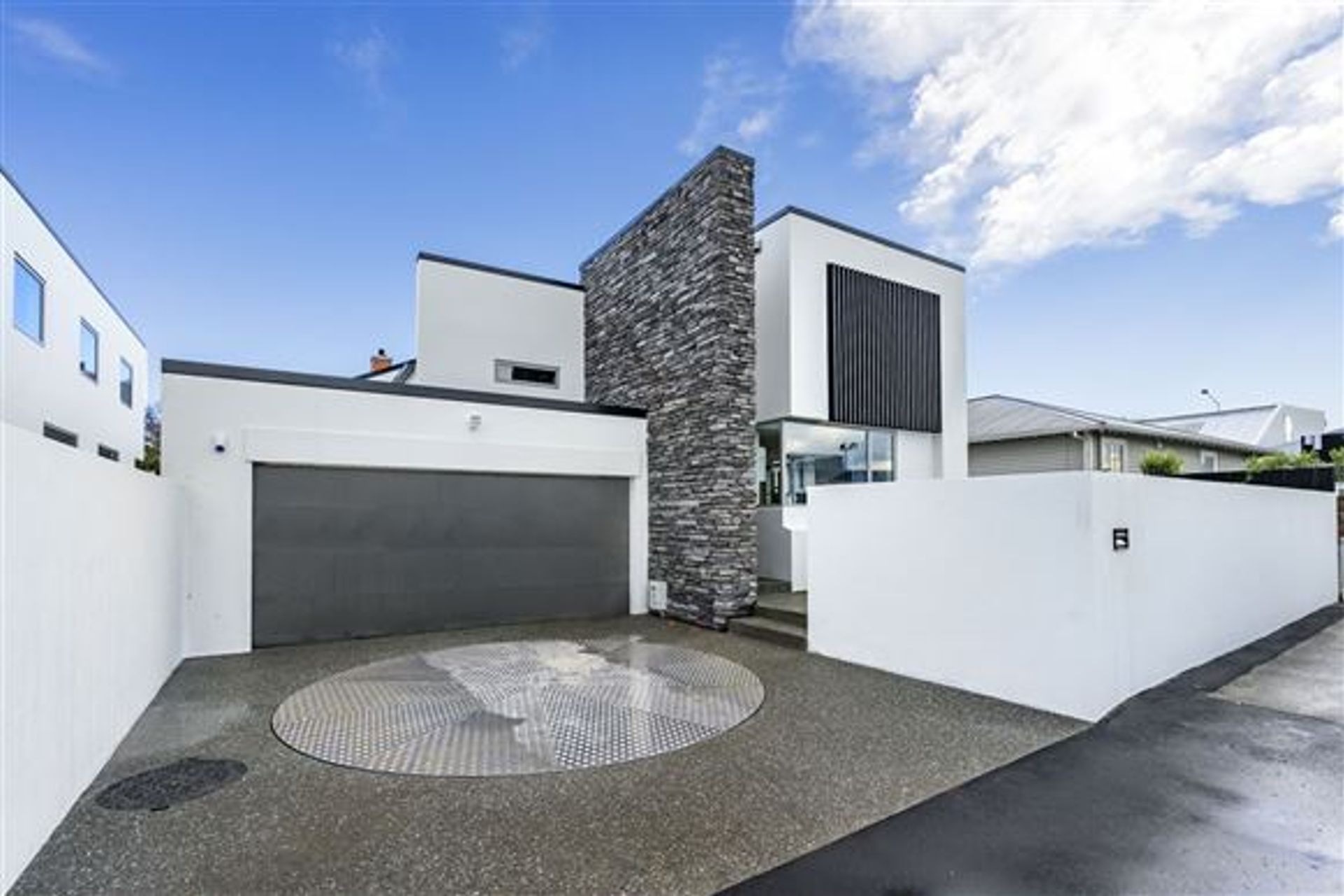The Rising Popularity of Car Turntables

This article first appeared on Stuff.
Manufacturer Electro-Mechanical Fabrications (EMF) makes aluminium turntables right here in New Zealand.
Once installed into driveways, they can turn vehicles weighing up to two and a half tonnes, and cost about the same to run as a fridge, says EMF's Peter Gill.
But Auckland Council is playing a part in car turntables' rise in popularity, Gill says.
Some people install car turntables on their own initiative, he says.
These are people with super-tight drives who are sick of reversing, or who want to claim back some driveway space for better living, such as extending a deck.

This has the potential can add more to the value to a home than the price of the turntable.
In addition, there are car enthusiasts, including one who is currently having a turntable installed so he can watch his super-car revolve slowly while relaxing in his spa-pool, Gill says.
But Gill says many customers are reluctant buyers forced into the decision by Auckland Council rules.
"For new builds, if they are trying to get consents, the council is making them make a provision for a turnaround area, or a turntable," Gill says.
The extra cost initially causes some to steam with anger, but, Gill says: "Once they are over it, they are fine because the only way they are going to get to build is to have one."
Ian Smallburn, general manager for resource consents at the council, said the council did not actually tell people they had to have turntables, but, he said: "It's a solution to a potential issue at small and constrained sites."
"As a city, Auckland is growing and getting more dense. These sorts of solutions are a good idea."
Planning rules require vehicles to enter and exit sites facing forward.
"The rules are there to protect traffic and pedestrians as well as traffic safety," Smallburn says.
With an increasing number of Auckland homes disappearing behind high walls, reversing out has become a particular menace to pedestrians.

